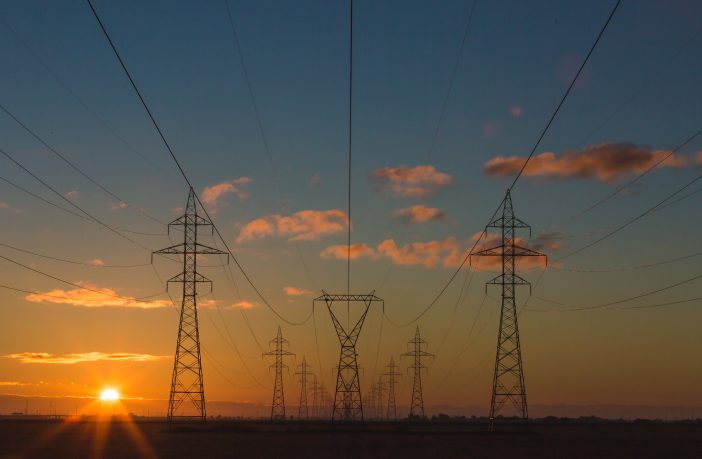- South Africa has not experienced loadshedding for 36 consecutive days
- This is line with the commitment made at the joint media briefing held by Eskom and the Department of Public Enterprises (DPE) on 3 April 2019, where the Winter Plan aimed at avoiding loadshedding or at least limiting it to Stage 1 this winter, was shared.
Eskom’s Chief Operating Officer, Jan Oberholzer indicated that Eskom remains fully committed to working diligently over the coming months to recover the power system through the implementation of the Generation 9-Point Plan which sets out to improve the energy availability factor (EAF).
“As we continue to perform essential plant maintenance, while carefully balancing the country’s energy requirements with the available capacity, the risk that we may implement loadshedding over the next six to 12 months remains. However, this will only be done as a last resort,” said Oberholzer.
Oberholzer added that Eskom teams executed daily planned maintenance totalling in excess of 7 000 MW over the Easter weekend, along with improvements at a number of stations. Their concerted effort and hard work has shifted Generation’s performance into a more favourable position. Unplanned plant failures (UCLF), which at times reached over 12 000 MW, dropped to as low as 5 260 MW over the Easter weekend.
Eskom has seen improvement in plant performance and the recovery of diesel tank levels at the open-cycle gas turbines (OCGTs) as well as better management of dam levels at pumped-storage schemes. This shift demonstrates Eskom’s commitment to the provision of sustainable electricity and is due to the hard work and dedication of Eskom employees.
There was also a recovery of supply from one of the two Cahora Bassa power lines, which is now contributing up to 900 MW to the grid.
Furthermore, work on the new power stations (Kusile and Medupi) continues with Kusile Unit 3 successfully synchronised to the National Grid for the first time on 14 April 2019. It has already achieved 400 MW but it must be noted that capability tests and acceptance testing will continue on this unit for the next few months.
Author: Bryan Groenendaal















